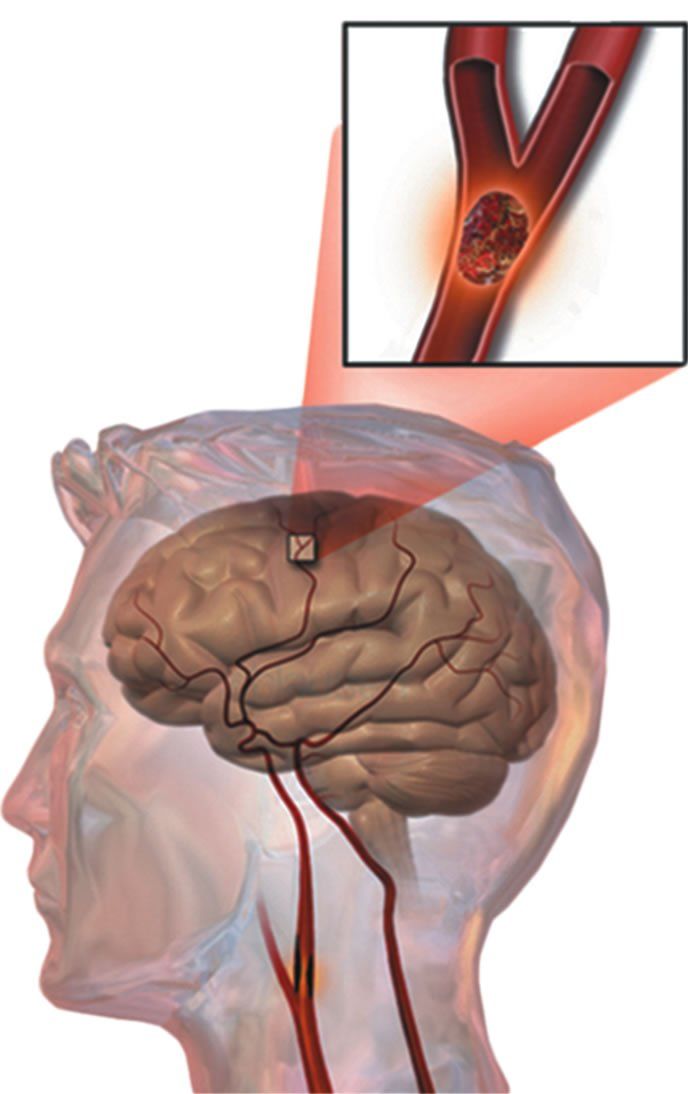Stroke continues to be one of the leading causes of death in the U.S., even though several of the most serious stroke risk factors can often be managed with lifestyle changes and medications. Attention to those factors was at the heart of the most recent update of primary stroke prevention guidelines from the American Heart Association/American Stroke Association (AHA/ASA).The new guidelines also focus on medication use to help prevent strokes in people with atrial fibrillation (AF), a common heart rhythm disturbance and a major risk factor for stroke.I would recommend that the majority of people continue to focus on evaluation and treatment of modifiable risk factors for stroke, such as hypertension, dyslipidemia, obesity, diabetes, and smoking, says Cleveland Clinic neurologist and stroke expert Megan Donohue, MD. Certainly, if someone has any specific risk factors, such as atrial fibrillation, certain cardiac conditions, or severe carotid artery stenosis, specific recommendations can be found within the updated guidelines.
To continue reading this article or issue you must be a paid subscriber.
Sign in






